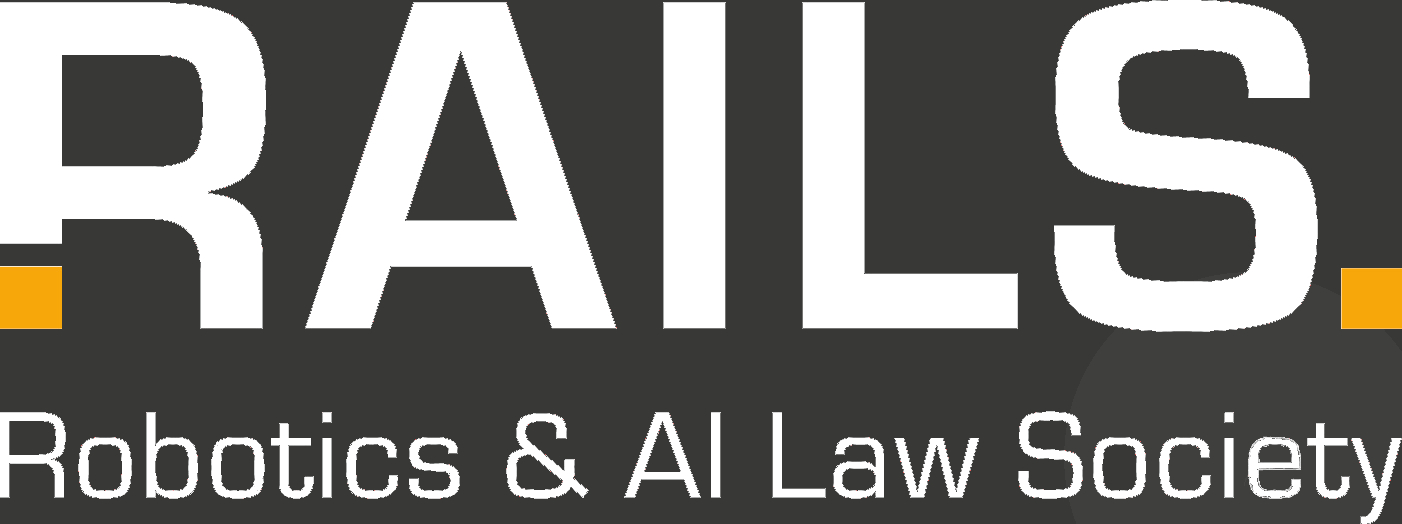Over the past few months, a set of initiatives has been launched in an effort to mitigate the potential negative effects of artificial intelligence applications. Where automated processes greatly impact the distribution of opportunities, benefits and burdens of citizens within society, such as credit scoring and hiring algorithms, fairness has become a key notion. The High Level Expert Group on AI’s Guidelines on Trustworthy AI for example note that the development, deployment and use of AI, including automated decision-making systems, must be fair on both a substantive and procedural level. This blogpost aims to identify some of the challenges with regard to the position of fairness in the algorithmic governance debate.
According to the Guidelines on Trustworthy AI, the substantive dimension of fairness would, on the one hand, entail amongst others a commitment towards safeguarding equal and just distribution of benefits and costs across members of society, and ensuring individuals are free from unfair bias, discrimination and stigmatization. On the other hand, the procedural dimension should allow individuals to contest and seek redress against decisions made via automated means.
Yet, a notion like fairness is elusive, and the ways in which it can be interpreted are varied. Hence, one should not underestimate the task of evaluating the fair or unfair nature of algorithmically guided decisions, nor the inherent trade-offs this critical reflection process might imply.
Justice as Fairness/Equality as Justice?
In current policy debates, fairness is mainly seen as a driver for equality, whereby fairness represents an absence of bias, discrimination and stigmatization. Equality does indeed seem to have a close relationship with fairness. In the words of Temkin: “certain inequalities are objectionable because they are unfair; but by the same token, there is a certain kind of unfairness in certain kinds of undeserved inequalities.” In Rawls’ seminal work, a “Theory of Justice”, where justice is conceived as fairness, equality is key in the principles of justice chosen behind the veil of ignorance. The relationship between justice, fairness and equality is complex however. First, where fairness represents equality, it should be noted that equality has been given many different guises: simple equality, luck equality, equality of opportunity, equal opportunity towards capabilities, etc. Second, in the domain of political philosophy, which seeks to arrange society in ways that best suit the interests of citizens through an assessment of rival social charters, such as theories of justice, equality has not always been promoted to the same degree. Libertarianism for example emphasizes self-ownership, and republicanism prioritizes liberty and non-domination, and utilitarianism welfare. These theories too seek to ensure a just society. Moreover, they can be relevant in assessing other risks associated with algorithmic decision-making, including threats to privacy and data protection. Whereas the libertarian idea that people own themselves might be used as an argument in favor of data subject rights, non-domination could be invoked against pervasive profiling practices, which affect the decision-making process.
The abovementioned examples illustrate how views on justice can help in evaluating whether, and under what conditions, automated decisions can be desirable. Yet, they might also present algorithmic governance with underlying, fundamental conflicts. Indeed, the central criterion different theories of justice put forward, may have a tenuous relationship: an increase in liberty or self-ownership could for instance result in a decrease of equality. Yet, concerns regarding equality and data protection are oftentimes considered as equally deserving of protection. Due to the tension that exists between the fundamental underpinnings of the values that society seeks to protect, the preservation of one value, might conflict with the safeguarding of the other. Policy approaches should not only consider how various views on justice can inform the evaluation of fair decision-making, but also how they might conflict with one another, and what trade-offs this could imply. As they could represent wholly different outcomes, policy makers should make public the choices they make regarding algorithmic governance.
Fairness and Design
As exemplified by the growing body of work performed by the Fairness, Accountability and Transparency in Machine Learning community, fairness criterion can also be integrated into the design of automated processes, Here, a diversity of views can present us with a second problem. A multitude of perspectives on what is fair can provide fertile soil for ethics shopping by companies. Moreover, when it comes to industry, Solon Barocas recently warned against a different, potential negative effect of fairness’ increased popularity: the co-option of the work on fairness and machine learning of academics by companies. He voices the concern that the goal for fair and unbiased decision-making can be translated by companies into an ‘attractive’ problem which would serve as a justification for the mass collection of data, where fairness is seen as something that can be achieved by simply maximizing accuracy. As accuracy is also main force for driving profit, the critical reflection on fairness performed within academia would be turned into a traditional economic concern. Barocas’ observation is also indicative of the many elements that shape the algorithmic ecosystem. Accuracy, fairness, utility, respect for autonomy, etc. can all be considered constituents that build the ideal technological environment. Again however, they represent that the definition of fairness in the algorithmic sphere is a multi-layered reflection exercise, where inevitably trade-offs ought to be made.
Fairness and the Law
Taking into account the multiple perspectives on fairness, the question arises as to whether or not the debate should ultimately end with policy makers settling on a single fairness criterion. Though such an approach would avoid ethics shopping, it might not adequately take into account the transformative impact technology might have on society. When deployed on a large scale, automated decision-making systems that affect the opportunities of citizens, will have a societal impact of which the long-term effects are currently unknown. In light of such uncertainty, the governance of algorithms might be best served with a fluent concept like fairness, which, like the technology it seeks to assess, can be subject to a periodic re-evaluation.
Published under licence CC BY-NC-ND.
